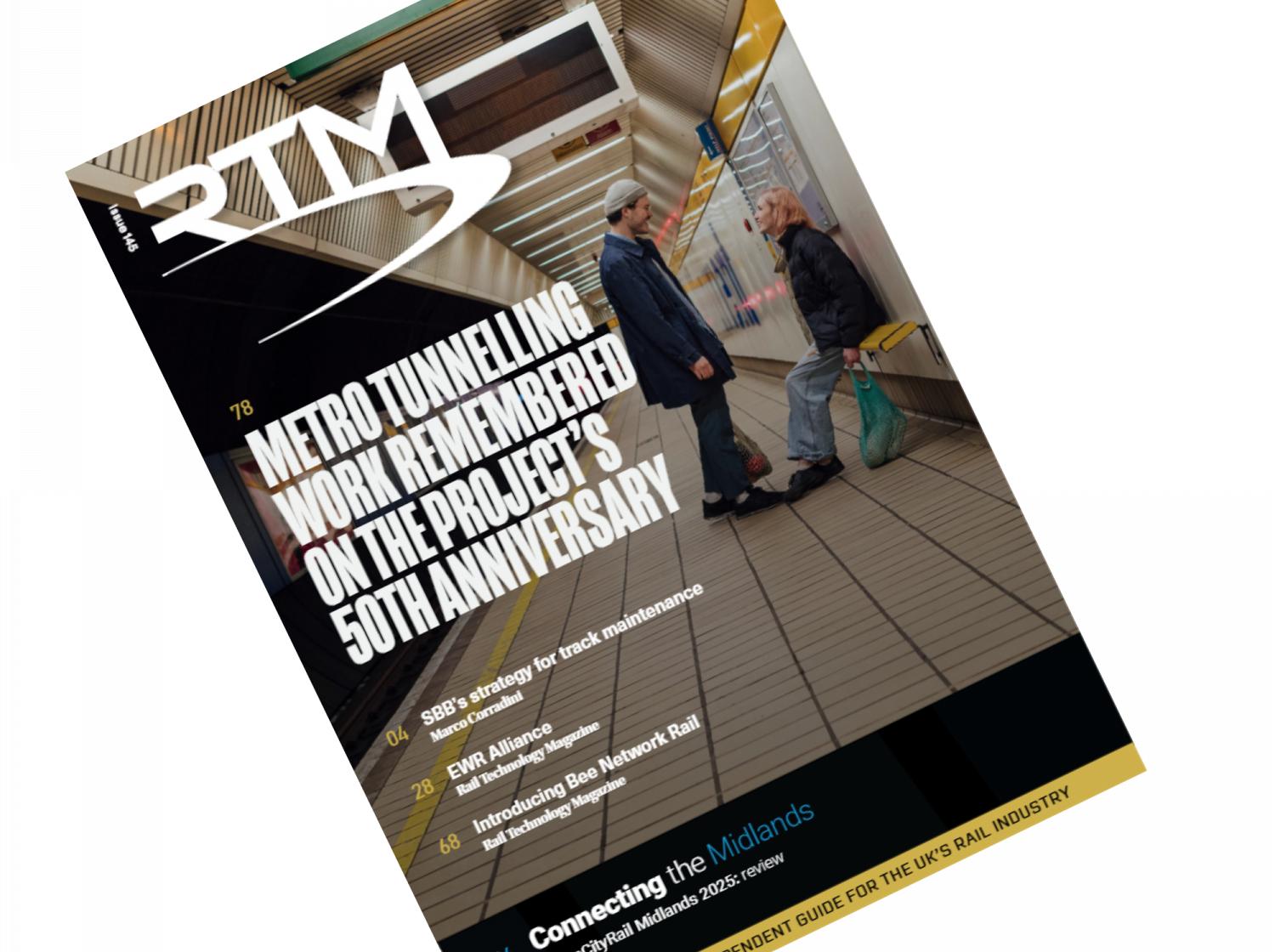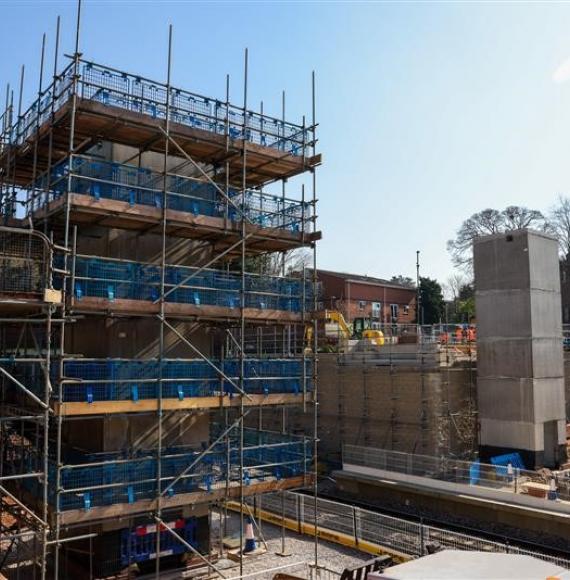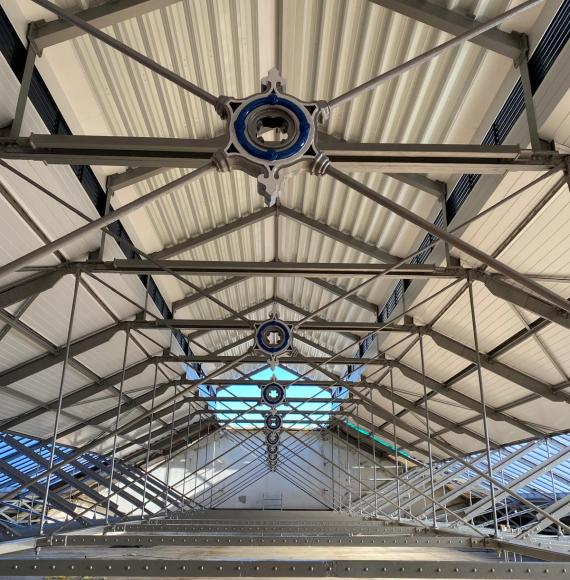Scotland’s goals of a greener railway are coming ever closer with the next stage of a hydrogen train demonstration project underway.
As part of the plan from Scottish Ministers to diminish diesel from passenger rail services within the next 5 years, the Zero Emission Train Project is being led by Scottish Enterprise and Transport Scotland.
The fuel cell electric train is being created from an old Scot Rail Class 314, and it is planned to be the centrepiece of the global COP 26 conference being hosted in Glasgow next December.
The Prior Information Notice is now live on Public Contacts Scotland for the full system, design, installation and demonstration of the hydrogen fuel cell train in Scotland.
The initial stage of the project has been completed by Brodie Engineering in Kilmarnock working with Arcola Energy, who produced the concept design for adaptation of the Scot rail Class 314 EMU to fuel cell electric.
The University of St Andrews will obtain Phase 2 of the project through the new Hydrogen Accelerator, which it leads alongside University of Strathclyde.
Scottish Enterprise Managing Director of Economic Development Linda Hanna said: “This is a hugely exciting project for the rail industry in Scotland and for our SME community.
“A key objective of the project is to provide the rail supply chain with the opportunity to develop their skills and advance their knowledge of the application of hydrogen fuel cell technology on passenger rolling stock, including hydrogen supply and refuelling infrastructure.
“So, it’s a real opportunity to demonstrate innovation and to get involved with an industry of the future. In turn, this creates quality jobs and supports our national ambitions for a net zero carbon economy.”
Professor John Irvine from the University of St Andrews said: “The Hydrogen Accelerator and the University of St Andrews are very happy to be able to help to deliver the Zero Emissions train project.
“This is another key step forward for Scotland as we advance towards a hydrogen enabled low-carbon economy. Hydrogen will be very important in our low-carbon future especially in delivering clean transport options.
“This is also key for supporting the development of the Scottish supply chain and with the Scottish companies who are breaking into these new markets."
















